A Key Performance Indicator (KPI) is a common term used in most industries, especially the healthcare industry. In healthcare, KPIs help us measure and track the performance and value of healthcare. Having strong KPIs is not only important for tracking the financial performance of an organization but also to track the quality of care provided to patients. With the shift to value-based care in healthcare, organizations may find themselves wondering how to adapt to the change and ensure they have strong KPIs in place.
This guide will walk you through different steps you can take to ensure your healthcare organization has stronger KPIs to track performance. These steps include:
- Determine what KPIs to Measure
- Tracking those KPIs
- Measuring KPIs on different levels
- Setting KPI goals for your staff, departments or overall organization
- Streamlining your KPIs
Even if you already have strong KPIs in place, we hope this guide will help you better understand the importance of continuously tracking and improving your healthcare organizations KPIs.
Determine what KPIs to Measure
The first steps to ensure you have strong or adapt stronger KPIs is to determine what KPIs to track. Choosing the right KPIs is an essential part of having stronger KPIs. Things to consider when choosing the KPIs to track:
- KPIs that impact or contribute your organization’s goals
- KPIs that impact your organization financial performance
- KPIs that promote better patient care
- KPIs that track employee performance
Depending on your organization’s goals whether financially or clinically, KPI metrics will continue to evolve towards those directly related to value-based care and away from volume-based benefits.
Tracking KPIs
Once your organization has established what KPIs to measure, tracking those KPIs overtime is essential. Tracking KPI performance allows you to measure trends, performance and plan for the future. Depending on the KPI you may want to track KPIs on a weekly, monthly, quarterly or annual basis. Tracking your KPIs can be a tedious task no matter the time period selected and often increases administrative burden for your organization. Organizations can avoid this burden by tracking KPI with the right technology tool in place that empowers the organization further.
It is important to have a process and technology in place that allows you to automate track of your KPIs and customize tracking those KPIs for the time period your organization needs.
Measure on Different Levels
Being able to track your organization’s KPIs not only on the organizational level but on the provider, payer, location and patient level is another essential part of having stronger KPIs. Many organizations may just track KPIs on a company level but it is important to drill down deeper into KPI data to identify where KPI trends are coming from. Utilizing technology that allows you to track your KPIs on different levels ensures your organization’s operational and financial tracking is accurate.
Set KPI Goals
What goals do you have for your healthcare organizations KPIs? Are the goals monthly, quarterly or annual goals? Can your organization actively update what these goals are to meet the changing demand of the healthcare industry? These are all important questions an organization must ask themselves to successfully set KPI goals.
Setting goals for your KPIs is just as important as selecting your KPIs to begin with. Setting goals allows you to track performance overtime while indicating room for improvement.
Streamline Your KPIs
Having the right system to allow you to Set, Track, Measure on Different Levels and Set Goals is essential. Primavera Health’s Performance Dashboard provides you that and more! With our Analytic technology we empower healthcare organizations to have stronger KPIs through:
- Tracking 50+ KPIs on a Monthly Basis
- Set Goals for your organization monthly, quarterly or annually
- View KPIs by a specific date range
- Group KPIs by Primary Provider, Insurance PCP, Locations, Payors or Financial Class
- Easily export all data that contributed to your KPIs
Reach out to us today to learn how we can support your organization to have stronger KPIs!
(888) 667-2219
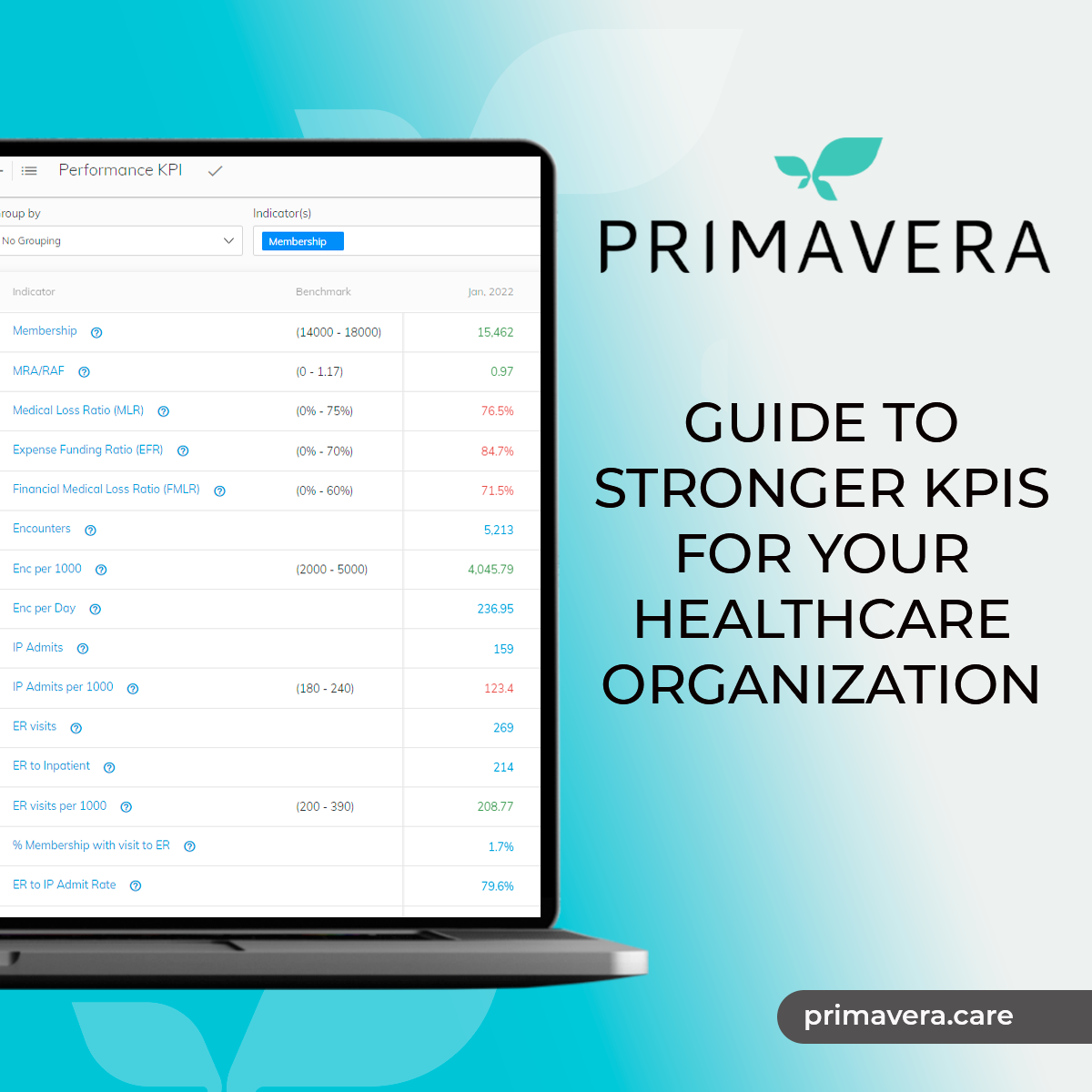
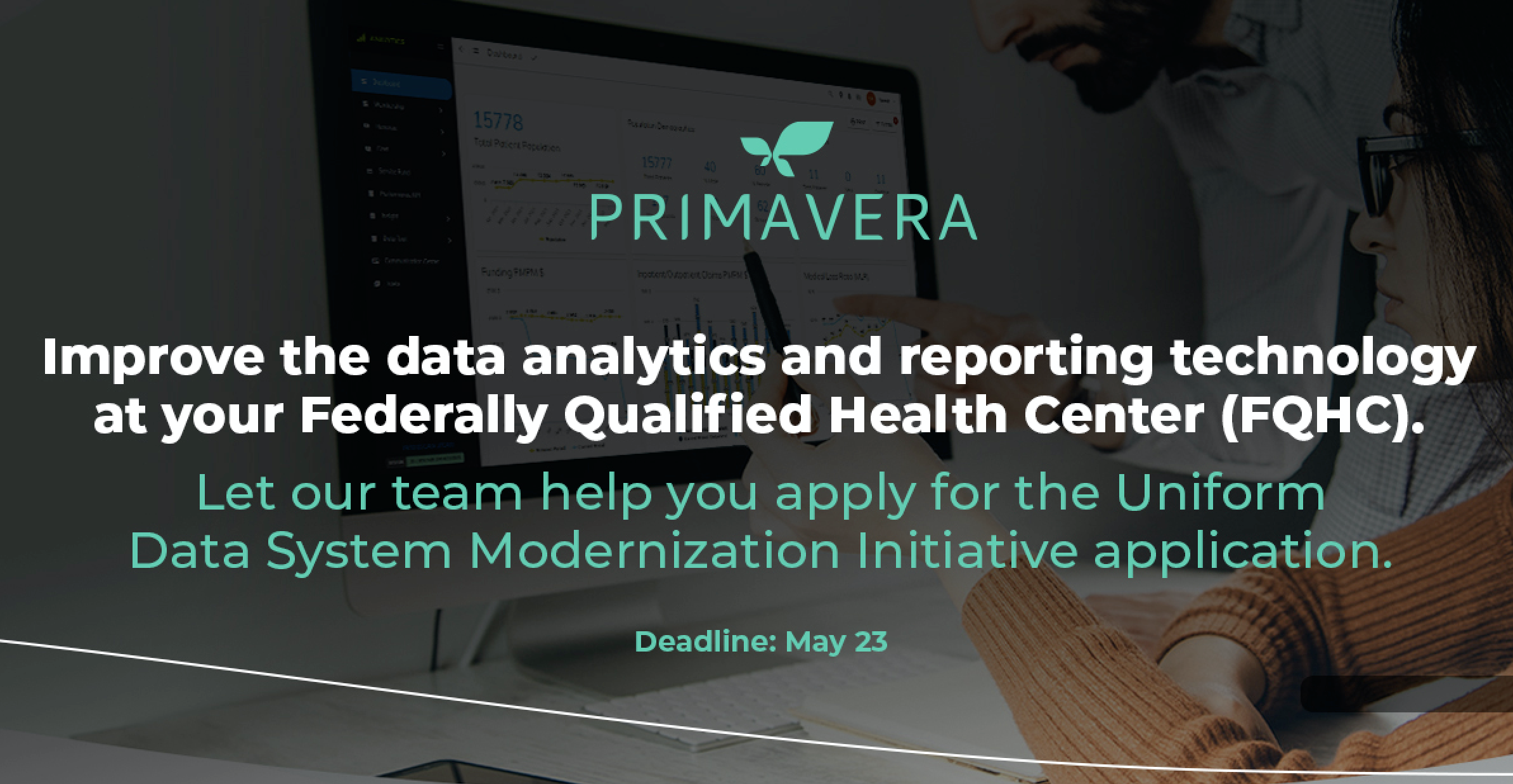
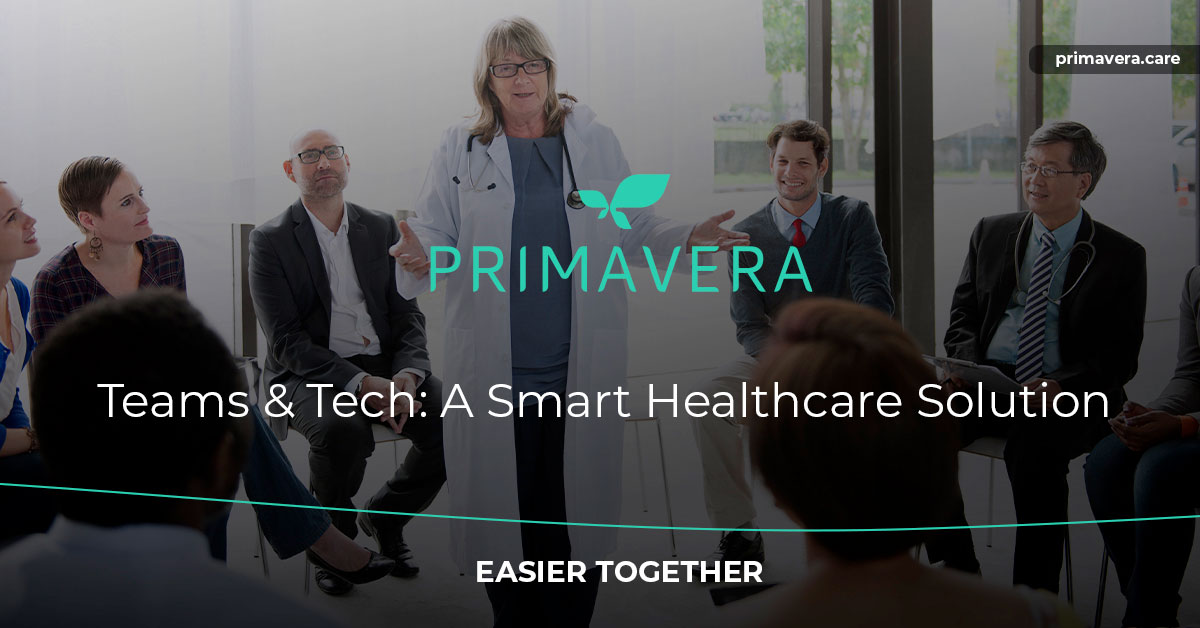
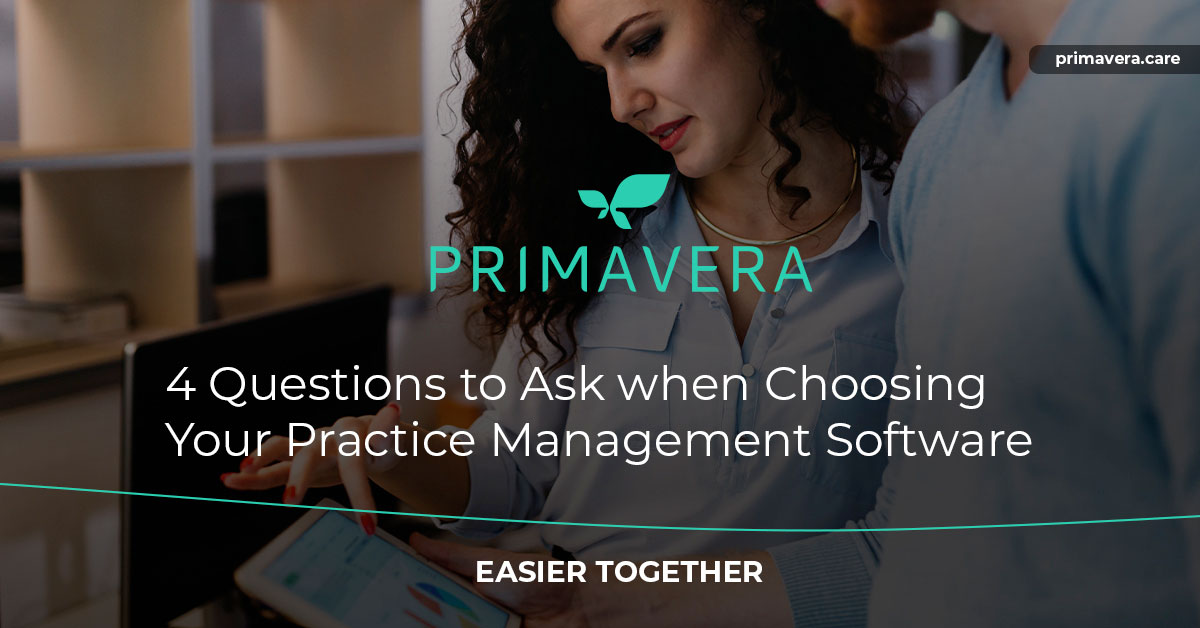
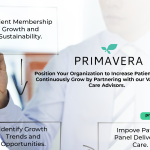
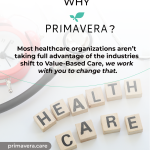





Recent Comments